Case Study Writing
Turning customer success stories into powerful marketing tools.
A well-written case study is one of the most effective tools in content marketing. It can be as informational as a catalogue, as benefit-led as a brochure, as persuasive as an advert and as credible as a published news story. Case study writing provides tangible proof and authentic narrative that demonstrates how your product or service has solved real-world challenges for your customers.
Despite the diversity of promotional channels open to businesses, case studies remain one of the most potent and cost-effective tools in an organisation’s content marketing arsenal. Formatted and written properly, it can provide far more return in reputation and sales than almost any paid-for promotion. Unlike traditional advertising, case study writing provides proof, credibility and persuasion, making it a valuable asset for businesses looking to build trust and attract potential clients.
What is a case study? Turning data into compelling stories.
A case study is an in-depth analysis of a specific instance, event or customer experience, designed to illustrate a broader principle or solution. In the business world, case study writing focuses on showcasing real-world success stories, demonstrating how a product or service has effectively solved challenges. A well-structured case study follows a format that highlights the problem, the solution provided and the measurable results achieved.
This form of case study writing transforms customer experiences into compelling, results-driven narratives that build trust and credibility. By using authentic examples, case studies validate a businesses’ expertise, building trust and credibility with potential clients, making case studies a powerful tool in marketing, sales and brand storytelling.
How to write a case study. Structure, storytelling, success.
Case study copywriting is the art of turning customer success stories into engaging, informative and results-driven narratives. A professionally written case study follows a clear and logical structure to illustrate a business challenge, the solution provided and the results achieved. It is an authentic way of showcasing real-life examples that validate your product or service’s effectiveness.
Whether you’re focusing on marketing case study writing, business case study writing or customer case study writing, the following format ensures your story is engaging and impactful. A standard case study format should follow a clear and logical structure:
- Captivating Headline: The headline should be attention-grabbing and clearly state the value proposition. For example, ‘How XYZ company increased sales by 200% using our software.’
- Executive Summary: This section provides a high-level overview of the case study, summarising the client, the challenge, the solution and the results.
- The Challenge: Describe the client’s problem. Use case study writing tips to make this section relatable: What was the issue? Why was it a challenge? How was it affecting the business?
- The Solution: Explain how your business provided a solution. Detail the strategy, implementation process and the unique selling points that made the solution effective.
- The Results: Showcase quantifiable outcomes. Use statistics, before-and-after comparisons and direct quotes from the client to build credibility.
- Customer Testimonials: Including direct quotes from the client adds authenticity and builds trust. Testimonials act as social proof, reinforcing the success of your solution.
- Conclusion & Key Takeaways: Summarise the major benefits of your product or service and include a call to action (CTA) encouraging prospects to contact you.
- Use a Storytelling Approach: Make the case study engaging by focusing on a narrative that takes the reader on a journey.
- Focus on Data-Driven Results: Numbers and statistics make case studies more persuasive. Include relevant data that supports claims, using charts and graphs to enhance readability.
- Keep It Concise & Clear: While a case study should be detailed, avoid unnecessary fluff. Aim for clarity, ensuring the information is easy to digest.
- Optimise for SEO: To improve online visibility, integrate relevant keywords such as the client’s name, the product or service name, what it does, the sector the client works in and so
Why invest in professional case study writing services?
Investing in professional case study writing services ensures compelling, results-driven storytelling that builds trust, showcases success and drives conversions. Case studies act like digital word-of-mouth marketing – sharing real customer experiences that build trust and credibility in a way that traditional advertising can’t. A skilled case study writer brings expertise, clarity and storytelling skills that transform customer experiences into high-impact marketing tools.
- Expert Storytelling: A professional case study writer crafts compelling, engaging narratives that captivate readers and effectively communicate the customer’s journey.
- Structured & Persuasive Format: A well-organized case study format ensures clarity, making complex success stories easy to follow and impactful.
- Credibility & Trust Building: A professionally written case study uses real-world data, client testimonials and measurable results to enhance credibility.
- SEO Optimization: A professional case study writer integrates keywords naturally, improving search rankings and online visibility.
- Time-Saving Solution: Outsourcing case study writing services allows businesses to focus on core operations while experts handle content creation.
- Data-Driven Results: An expert case study writer presents quantifiable success metrics, strengthening the case study’s persuasive power.
- Higher Conversion Rates: Well-written business case studies and marketing case studies effectively turn prospects into customers by demonstrating proven success.
- Consistent Brand Messaging: A professional ensure that the structure and language used in a case study reflects your brand’s unique tone of voice, helping it stand out from others.
- Industry-Specific Expertise: A professional case study writer tailors content for different industries, making it relevant and impactful for the target audience.
- Versatile Marketing Asset: A professionally written case study can be repurposed into blog posts, whitepapers, presentations and sales collateral for maximum reach.
Elevate your brand success by working with a professional case study writer.
I’ve been providing case study writing services for over 30 years. If you’re looking to create high-quality, impactful case studies that convert and would like to discuss how, as an experienced case study copywriter, I can help you build a library of engaging and informative case studies that build confidence in your business and act as sales magnets, call me on +44 (0) 7715 171286, email me at info@tomrigby.com or complete the contact form.
My top tips for creating engaging case study writing.
- Involve the client early to gather accurate insights and ensure authenticity. Early collaboration helps strengthen the case study’s credibility and enriches the overall narrative.
- Identify the client where possible. Naming them boosts credibility, adds transparency and helps readers connect more personally with the story being told.
- Prepare open-ended questions that encourage storytelling. These invite richer responses, revealing valuable insights and making the case study more engaging and authentic.
- Research the interviewee beforehand to ask relevant, insightful questions. This preparation leads to better conversations and more meaningful content for your case study.
- Select only your strongest success stories. Avoid publishing too many similar case studies to keep your content fresh, impactful and valuable to your audience.
- Use direct quotes from clients. Real words provide authenticity and emotional impact, making the story feel more genuine and relatable to prospective customers.
- Structure your case study as a full story—beginning, middle and end—outlining the client’s problem, your solution and the results achieved.
- Support your claims with data. Quantifiable results, statistics and before-and-after comparisons build credibility and clearly demonstrate the effectiveness of your solution.
- Write in plain, accessible language. Avoid jargon to ensure your case study is understandable, engaging and relevant to a broader audience.
- Include visuals and a call to action. Use charts or infographics for clarity and guide readers to take the next step with a strong CTA.

Case study writing FAQ´s
What is case study writing?
Case study writing is the process of documenting real-world examples of how a product, service, or solution has helped a client achieve specific results. It blends storytelling, journalism and marketing to create compelling and credible narratives.
What is the purpose of a case study?
The main purpose of a case study is to showcase the success of a product or service, build credibility and persuade potential clients by providing proof of real-world effectiveness.
How do you write a compelling case study?
A compelling case study follows a structured format:
- Identify the client and their challenge
- Explain the solution provided
- Highlight the results achieved with measurable data
- Include a strong call to action
- Use storytelling techniques to keep readers engaged
What makes a good case study?
A compelling case study includes a clear problem, a well-defined solution and measurable results. It should be structured as a story, using real-world data, customer testimonials and engaging visuals to make the content more persuasive.
What industries benefit from case study writing?
Case studies are widely used across industries, including:
- B2B services (SaaS, IT, consulting)
- Healthcare
- Finance
- Marketing & advertising
- Manufacturing & engineering
How long should a case study be?
A case study’s length depends on its purpose and audience. Typically, they range from 500 to 1,500 words. Shorter case studies suit marketing content, while longer ones (1,000 to 2,000 words) provide in-depth analysis for B2B sales, industry reports, or research.
What makes a case study effective?
A great case study:
- Uses real data to support claims
- Features direct client quotes for credibility
- Focuses on benefits over features
- Is structured for readability with headings, subheadings and bullet points
- Includes visuals like charts or images to enhance impact
What format should a case study follow?
A strong case study follows a simple structure:
- Title: A compelling headline summarizing the success story.
- Introduction: Briefly describe the client and their industry.
- Challenge: Explain the problem or pain points the client faced.
- Solution: Detail how your product/service addressed the issue.
- Results: Showcase measurable outcomes with data, quotes, or comparisons.
- Conclusion/Call to Action: Wrap up with key takeaways and a CTA.
How do you optimise a case study for SEO?
- Naturally integrate relevant keywords
- Write compelling meta descriptions and titles
- Include internal and external links
- Use alt text for images
- Ensure mobile-friendliness and fast page loading
Can I write a case study without a client’s permission?
No, unless the information is already public. Most businesses require a signed agreement from the client before publishing their details. If a client is hesitant, offer an anonymous version or use generalized data while keeping the insights intact.
These are just a few of the businesses and brands that have trusted me with their words.





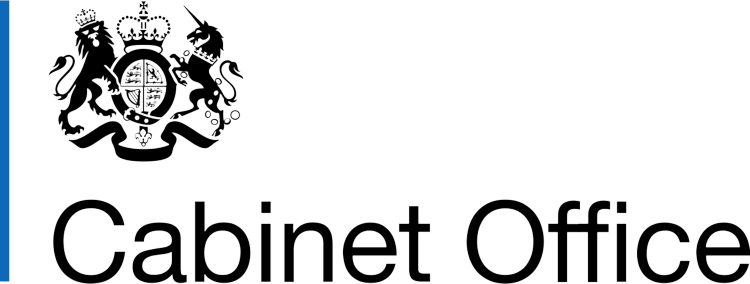



















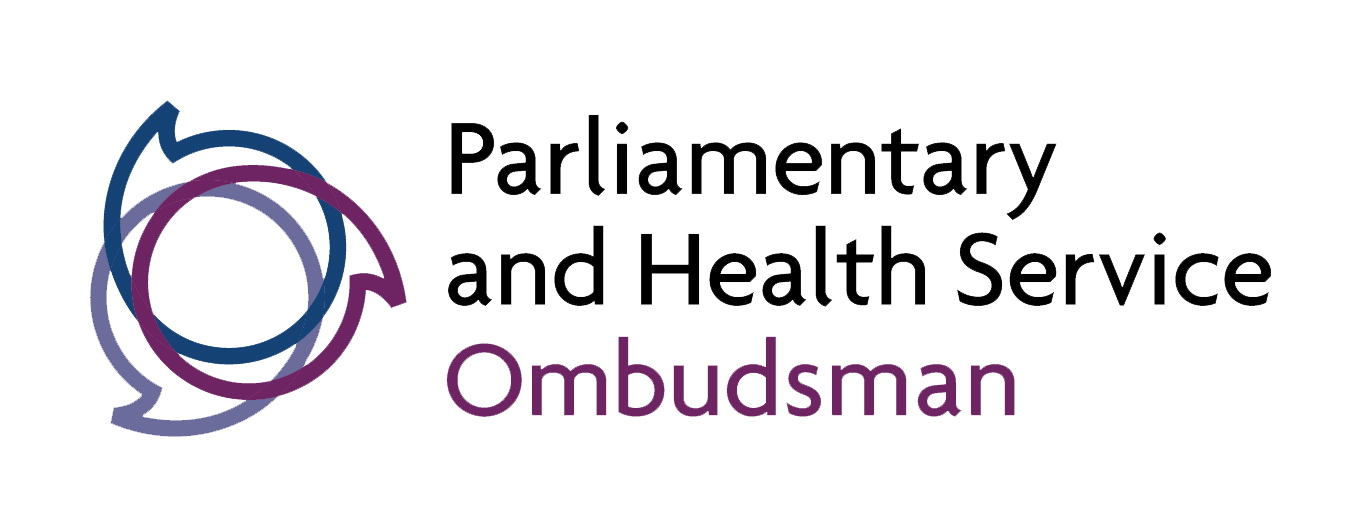

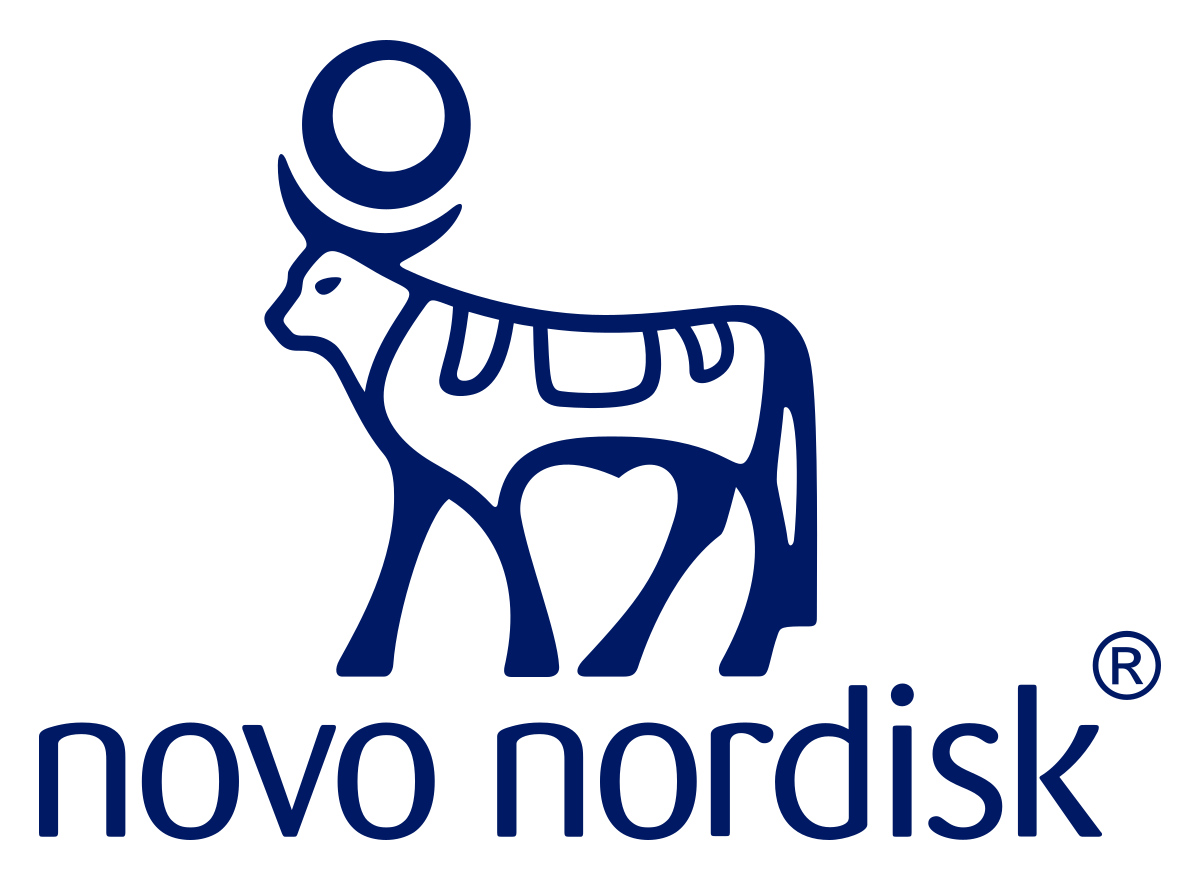

























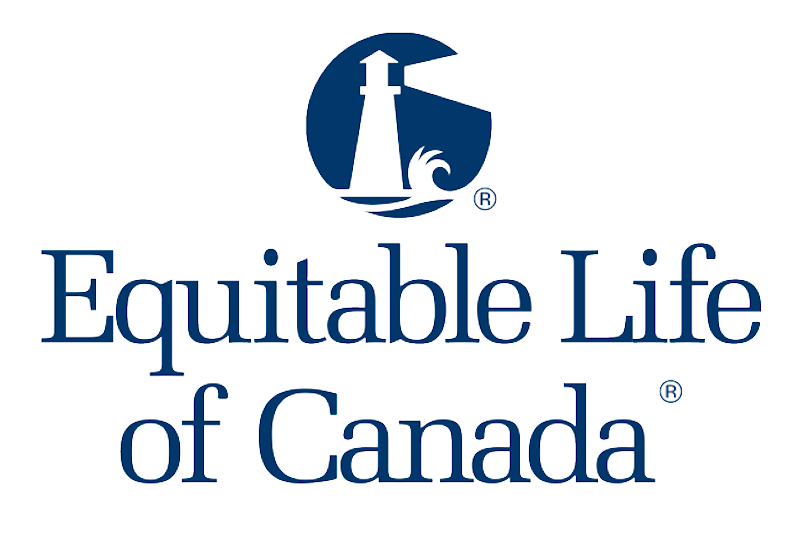


















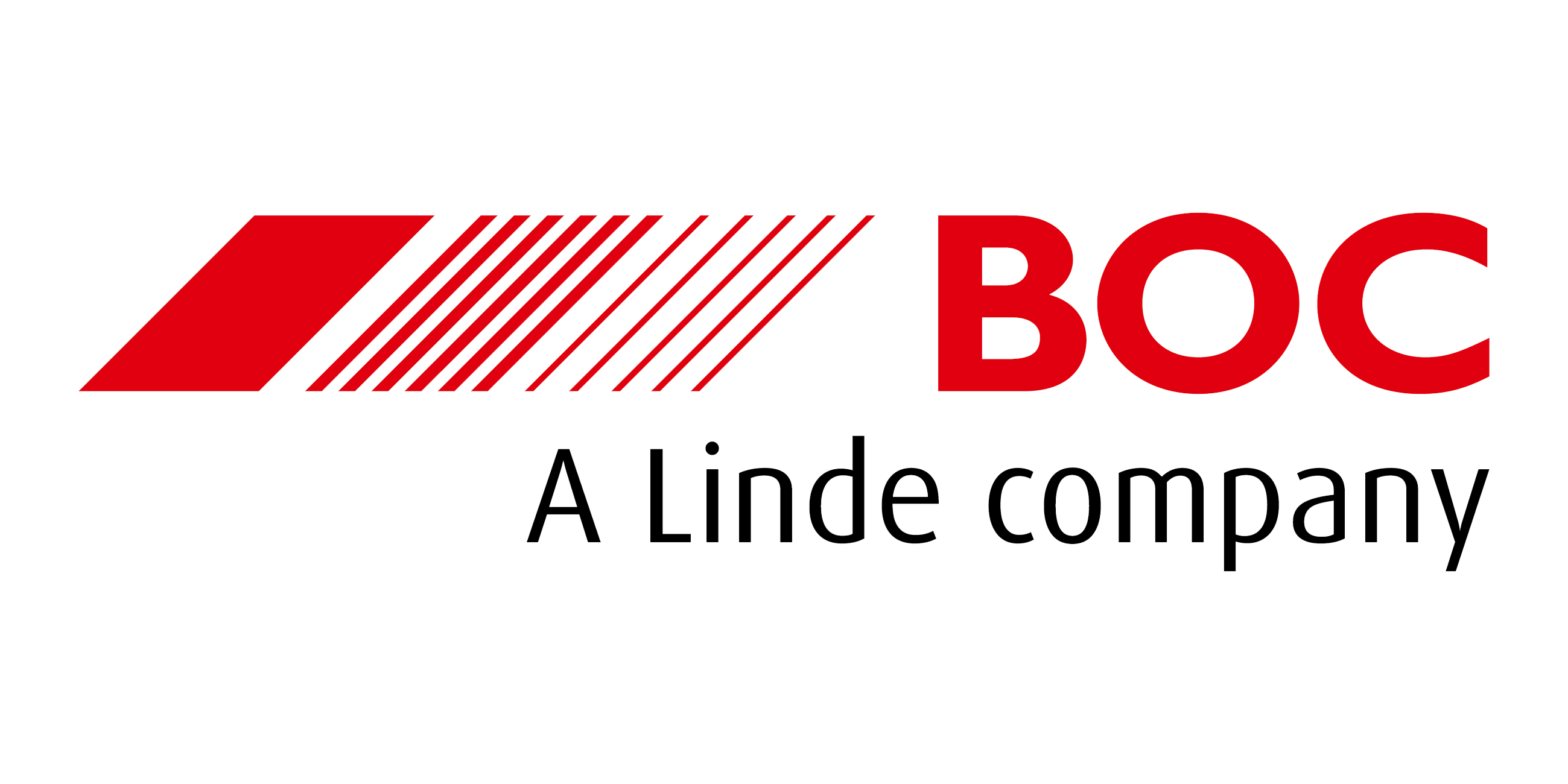

Writing is the most fun you can have on your own
His strategic and creative approach to content development resulted in our most compelling case for support yet.
Without doubt, the best copywriter I’ve met.
Tom’s input into the vision document for Curzon Wharf played a pivotal role in envisioning the regeneration of this part of Birmingham.
Tom is a talented storyteller who I would highly recommend to any charity.
Tom´s diligent work ethic and problem-solving skills were instrumental during our website revamp. His ethical approach and commitment to excellence has greatly benefited our business.
Tom´s ability to meet tight deadlines without compromising quality is remarkable. His creativity and research skills shine through in every piece of content he delivers.
Tom is a consummate professional who delivers high-quality web content that consistently resonates with our target audience and enhance our brand.
Tom has written our last two ESG Reports and played a pivotal role in changing the format, style, tone and narrative.
Working with Tom has made our marketing and communication projects easier to deliver because of the quality and professionalism he brings.
